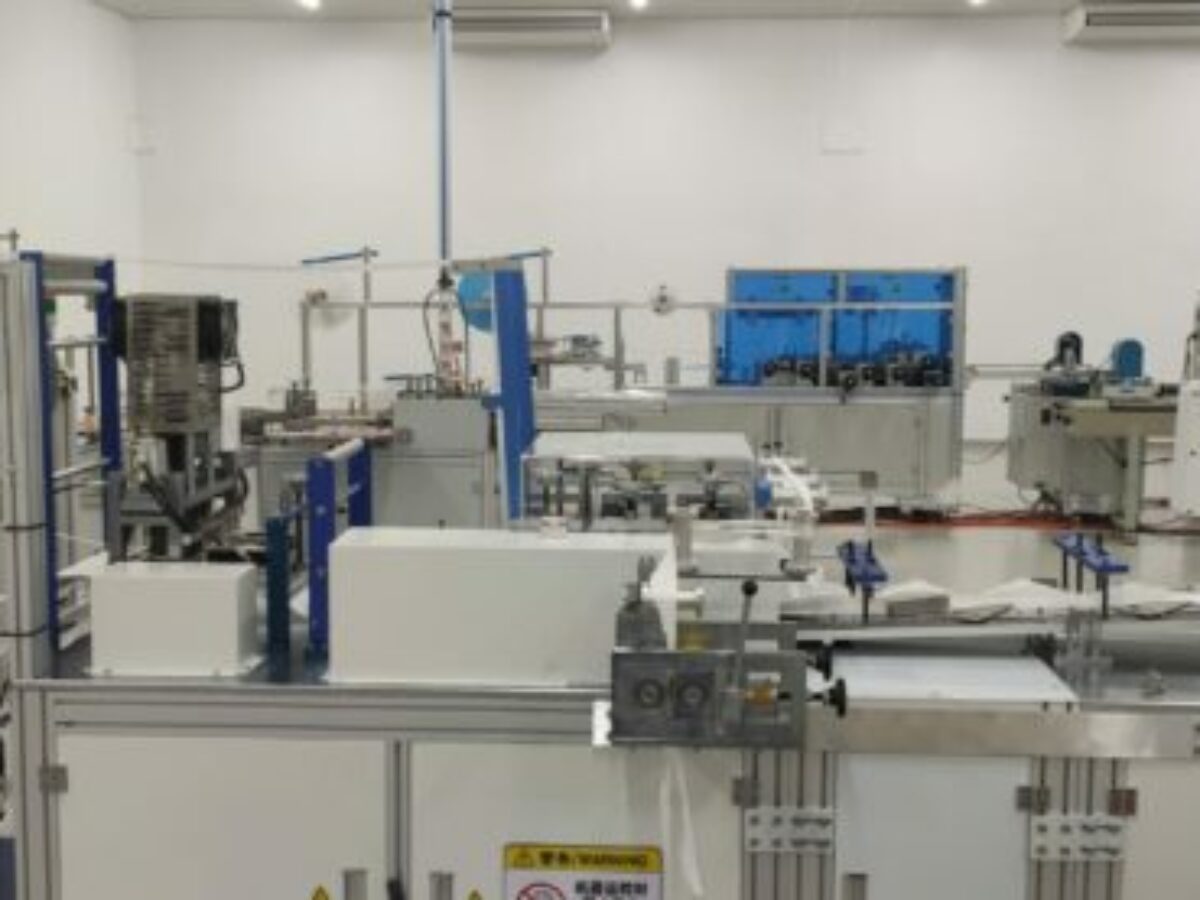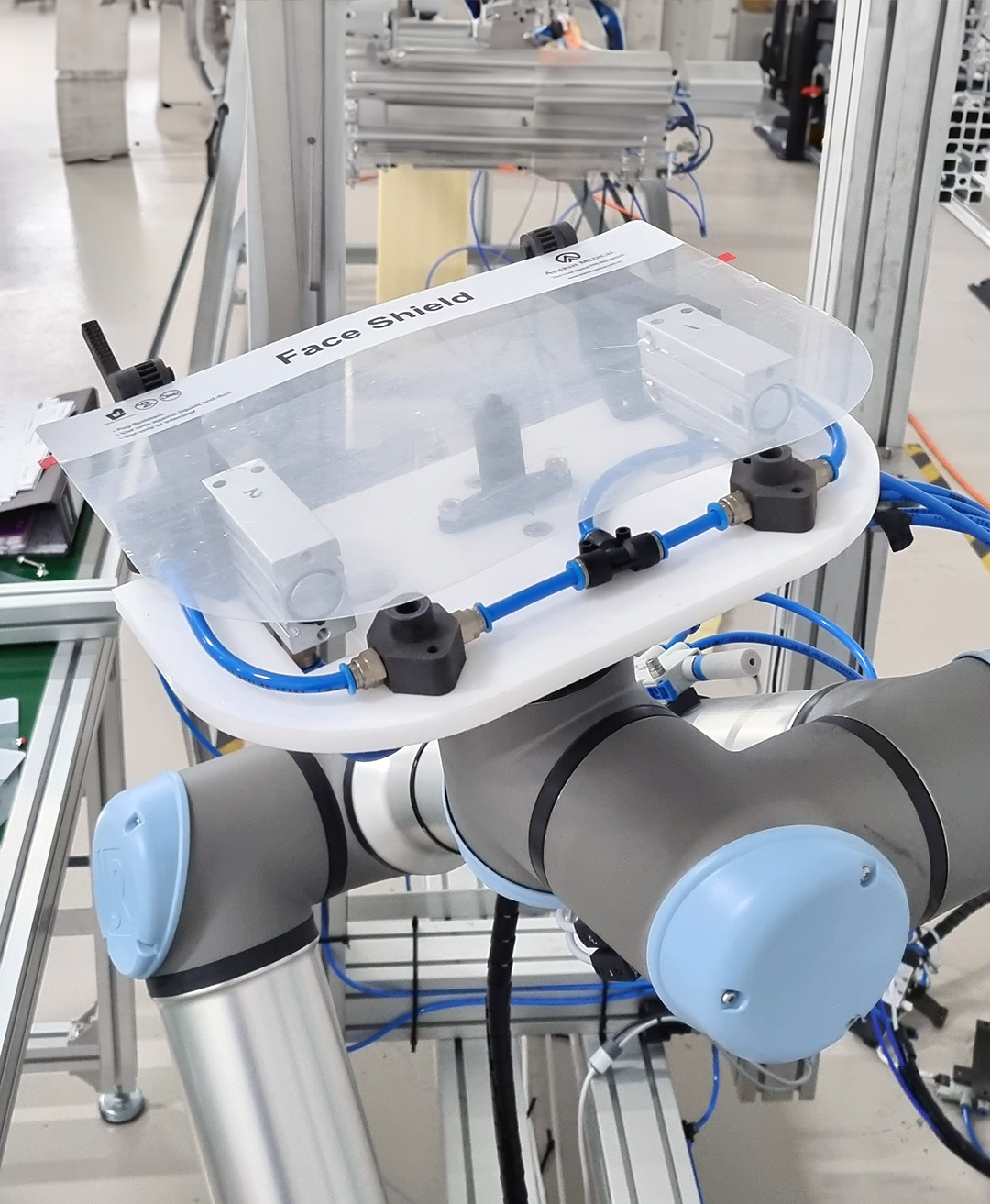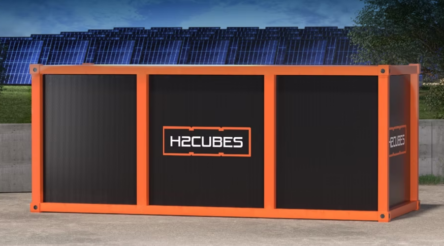Progress, procurement and pulp

As we near the deadline for nominations for Australia's 50 Most Innovative Manufacturers, we look at one of the companies near the top of 2023's list. Brent Balinski speaks to Faz Pollard from Adarsh Australia.
Perhaps you’ve asked the question, to yourself and/or your peers: “What has actually changed for manufacturers since Covid?”
It’s easy to dig up survey results, speeches and media items from the 2020-2021 era demonstrating the sugar hit of goodwill towards the industry and how it’s valued by Australians.
Readers can draw their own conclusions about what real changes have been made by politicians to cultivate a part of the economy whose value was affirmed by its ability to keep hospitals, supermarkets and other places supplied with items needed for survival.
Faz Pollard, Director at Adarsh Australia, has.
“A couple of years have gone past. What has changed? What are the big picture changes in policy that are actually affecting people down on the ground?” he asks.
“I’m yet to see.”
Do you think you belong on @AuManufacturing’s list of Australia’s 50 Most Innovative Manufacturers? Apply to be recognised in this exclusive group here.
Adarsh was one of many companies who “pivoted” (a word that seemed everywhere during the era) to provide critical gear. In their case it was face shield PPE for frontline workers.
 The family-owned Perth company’s day-to-day business is manufacturing and engineering. A handful of companies in the group cover things like metal casting, forging, machining and fabrication, plastics manufacturing, product development, and – a more recent addition – paper and cardboard recycling.
The family-owned Perth company’s day-to-day business is manufacturing and engineering. A handful of companies in the group cover things like metal casting, forging, machining and fabrication, plastics manufacturing, product development, and – a more recent addition – paper and cardboard recycling.
A goal of the latter division, Adarsh Fibre, is addressing WA’s ability to recycle. Adarsh was awarded a state government grant worth $250,000 and a $3.2 million federal Modern Manufacturing Initiative grant to establish the processing plant, which has capacity for 3,000 tonnes per annum of products annually.
“We need to see that as a resource, just as we add value to iron ore and things like that. We need to look at our resource and try and add value within the country,” Pollard tells @AuManufacturing.
“If it’s just sorted and goes off overseas, we actually buy it back. So most of the cartons in Western Australia are some other country’s waste paper that we’re buying back as a carton or a coffee cup.”
While grants are useful, a more important way to help the long-term viability of manufacturers is through procurement, believes Pollard.
“Now if I hadn’t got the grant and I wasn’t lucky enough to get the grant, why would I invest in all that investment to make a factory to possibly align with the tender timing to then possibly sit on a panel and maybe supply with no guaranteed volume?” he adds.
“The logical step would be you quote on it or you fulfill the tender then the government works with you to set that facility up locally to be able to make that product locally.”

The role of procurement in a stronger industry, and in a more innovative one is arguably a topic that deserves more airtime. We hope it gets it.
As for a personal definition of innovation, Pollard says it’s something that requires different parties to come together.
“Someone might have an idea and we might know how to make it. But you need that cross-conversation, you need that collaboration with the end user, you need to do all of that to make a truly great, innovative product,” he explains.
“And that is where we cannot work without the inventors and the inventors we like helping them achieve their dreams. People think they invent one product and they can maintain sales. It’s not that. It’s a circular sort of process, you innovate, you hear more from different customers, you make a better product, or you diversify, you make two or three products, and that’s what we’ve been on the journey with [for] a lot of different innovators.”
In this episode of @AuManufacturing Conversations, Pollard tells us about the sometimes-underappreciated place of production within manufacturing, the need to take care of our own waste, what companies should consider before investing in robotics, and more.
Episode guide
Episode guide
1:02 – A company employing about 100 people, dealing in fabrication, casting, windows and doors, plastics and more.
2:50 – Original career choice as a pilot, then joining the family business.
3:40 – The disciplines at Adarsh, and his take on the “smiley curve” model.
5:20 – Industries served.
6:15 – the circular nature of innovation.
7:33 – the importance of networking.
8:45 – being drawn to recycling.
10:05 – the importance of government procurement in companies wanting to invest.
11:50 – Post-Covid, what has changed in policy? Very little.
13:20 – What to consider when investing in robotics.
Pictures: supplied
Australia’s 50 Most Innovative Manufacturers is an annual campaign by @AuManufacturing. It has been made possible through the generous support of MYOB, CSIRO, the NSW government’s Advanced Manufacturing Research Facility, and the Commonwealth Bank. Be sure to check back at this website for regular updates, including profiles of nominees and other information.

@aumanufacturing Sections
Analysis and Commentary Awards casino reviews Defence Gambling Manufacturing News Online Casino Podcast Technology Videos





